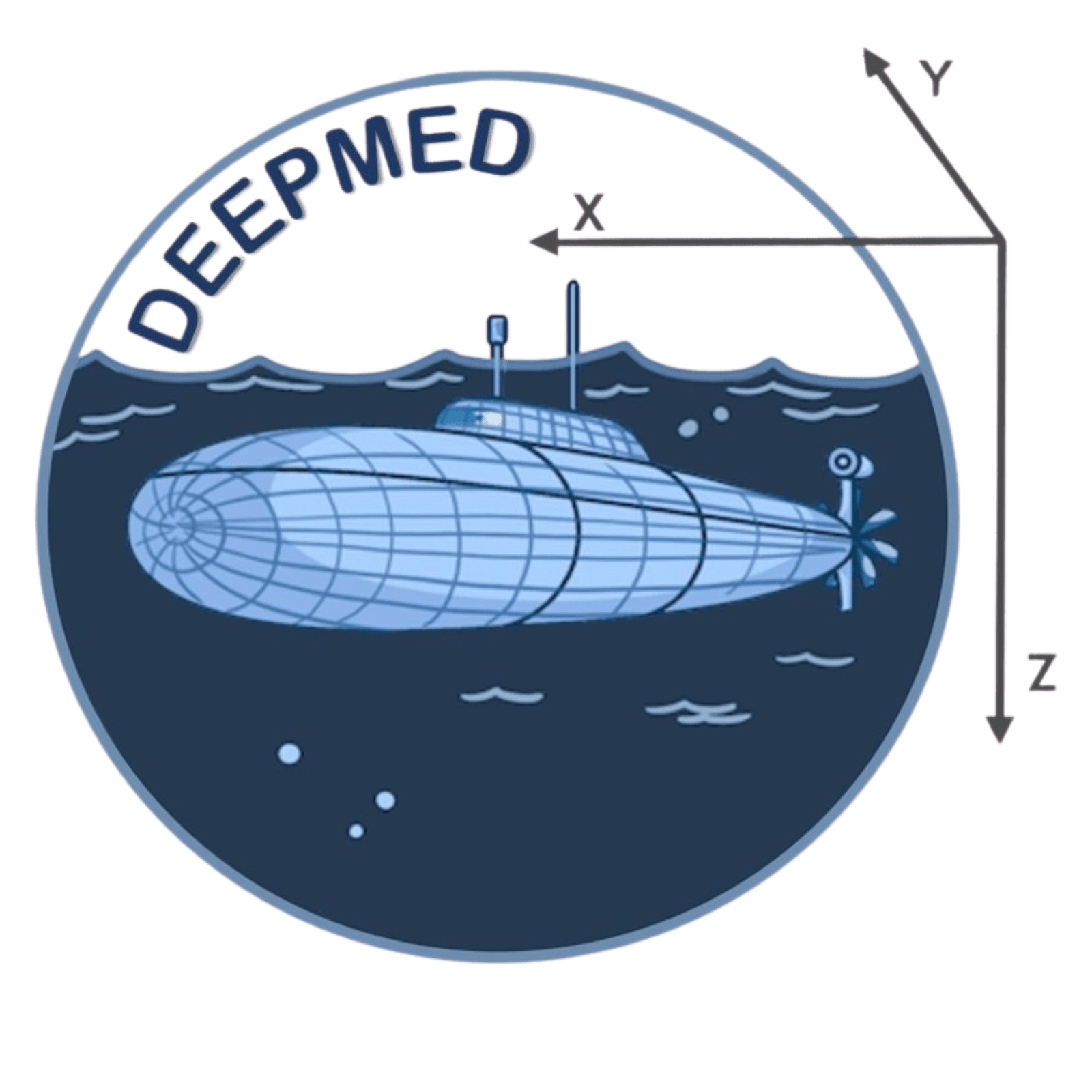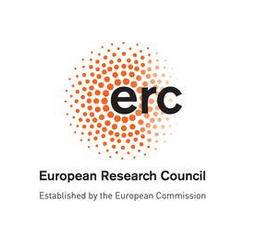Discovering the Deep Mediterranean Environment: A History of Science and Strategy (1860-2020)
Few geographical spaces have been more relevant to human life and more intensively theorized than the Mediterranean Sea. Today, this sea poses some of the most pressing challenges and opportunities for European economic, security, and environmental policies. Answers to how to manage the region depend on ideas and perceptions of integration and division of the basin and its peoples. But the Mediterranean as a spatial concept has radically changed in the last 160 years as humans have gained access to its depths, unveiling an underwater world to discover, exploit, and navigate. The Mediterranean has become a volume.
DEEPMED is the first historical account of the discovery of the deep Mediterranean environment. Its main hypothesis is that science and strategy jointly made the Mediterranean depths into an object of analysis and a political space, which in turn shaped science and strategy in the region. DEEPMED pursues three specific objectives: 1) identifying the actors and contexts that enabled perceptions and practices of depth in the Med; 2) describing how natural and human time-scales interact in this body of water, and 3) tracking key conceptual landmarks defining the uniqueness and representativeness of the Mediterranean volume vis à vis the global ocean. . .
DEEPMED is the first basin-scale step in a novel approach to oceanic history that incorporates analyses of deep and bottom layers of the Sea to gauge the causes and effects of the historical emergence of depth. This requires an innovative interdisciplinary, transnational and digital methodology. The project identifies overarching trajectories of human engagement with depths from the mid-19th century- to the present, including contrasting timelines and perspectives. The availability of digital tools for creating a database that facilitates geospatial and visual analyses make the project timely. The current security and environmental Mediterranean crises make it essential.




